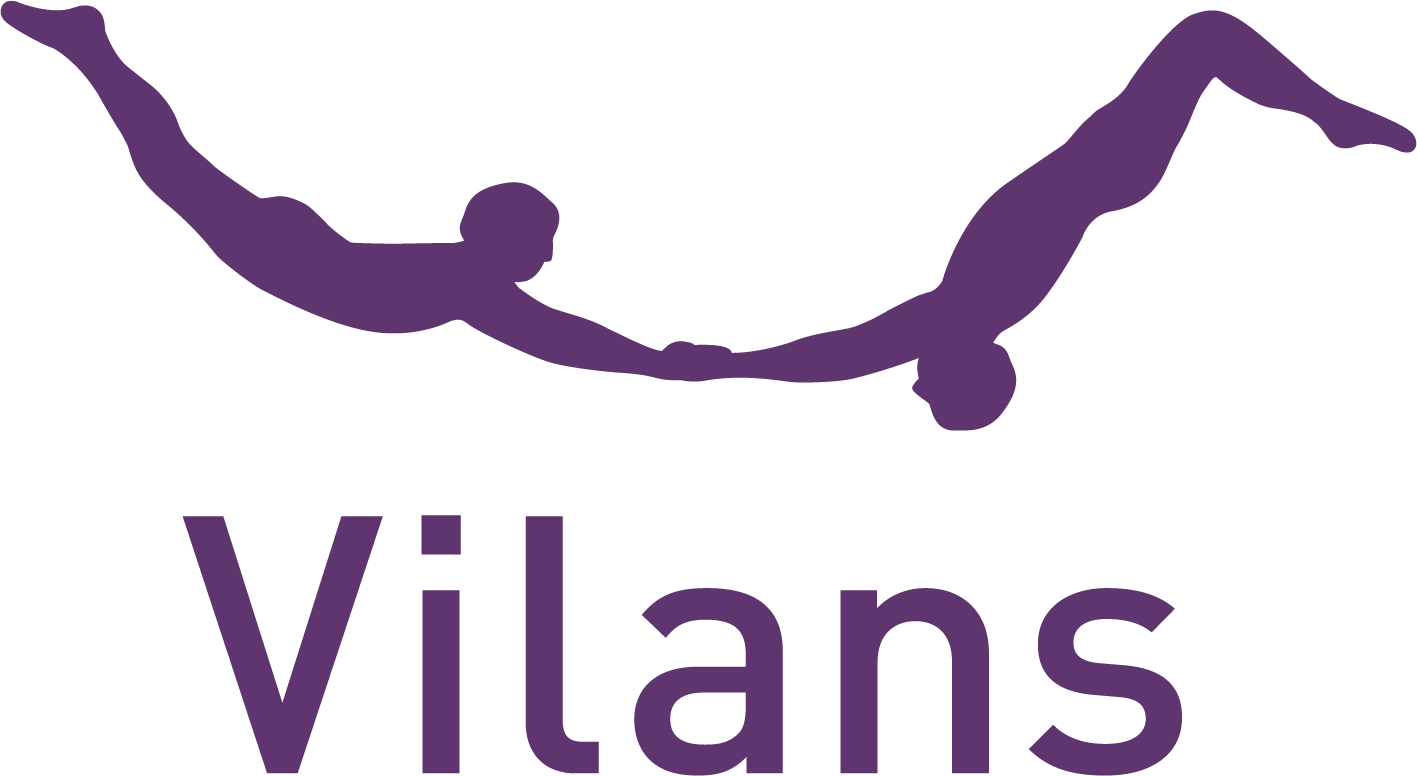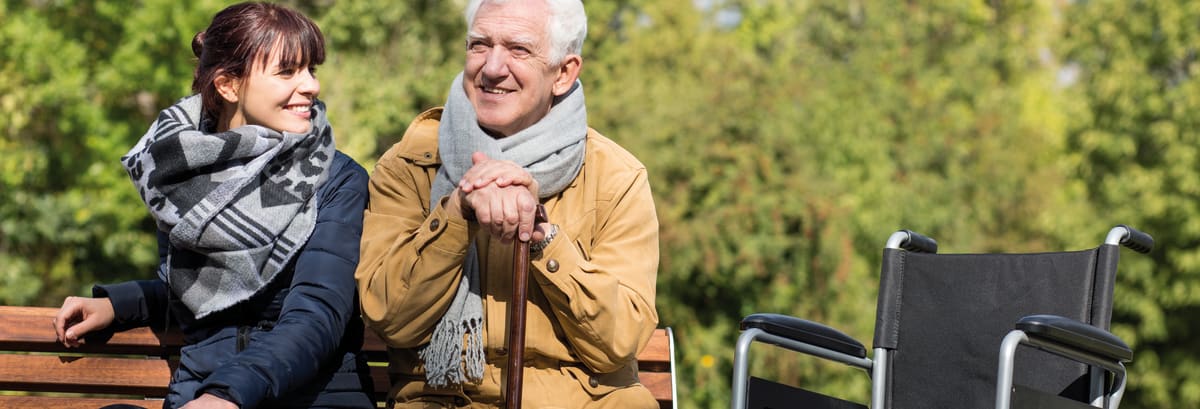The Vilans Hulpmiddelwijzer aims to enhance self-reliance of visitors
Published on: 08-10-2024
Ageing people, or people who have an illness or a functional limitation, are not able to perform daily activities as usual. The Vilans Hulpmiddelenwijzer (Vilans Assistive Technology Guide) therefore offers them information about assistive technologies and tips. This provides opportunities for more self-reliance for people who need support. And for professionals to work on clients' self-reliance, for example, with reablement.
‘In the Netherlands, we meet the same challenges that apply for other European countries as well, such as ageing and an increase in care needs,’ says Timo Visser. He is project advisor of the Vilans Hulpmiddelenwijzer and a former occupational therapist. 'That is why we also focus on self-reliance.”
Knowledge of occupational therapists
The Vilans Hulpmiddelenwijzer was therefore recently enhanced with the knowledge of occupational therapists. Visser: ‘The Vilans Hulpmiddelenwijzer aims to guide people through the process of choosing the best solution for their problem. That can be assistive technology, but it doesn't need to be. For example, a solution can also be an elastic around the cutting board, so that someone with limited hand function is still able to cut vegetables. The goal is always self-reliance.'
About The Vilans Hulpmiddelwijzer
The Vilans Hulpmiddelenwijzer is developed with funding from the Ministry of Health, Welfare and Sport. On www.Hulpmiddelenwijzer.nl, everyone can find reliable and practical information about hundreds of assistive technologies. The website has no commercial interest, provides only reliable information and is consulted an average of 70,000 times per month. The website is for everyone with a functional limitation but is also relevant for professionals who are looking for possibilities in self-reliance to support their clients.
‘Our tips are collected and compiled in collaboration with occupational therapists,’ says project leader Erik de Jeu. 'The knowledge of occupational therapists is valuable. The average occupational therapist is resourceful in coming up with ways to do something independently. With more possibilities, visitors can choose the solution that suits their needs and situation the best way.'
Also guidance by video
De Jeu: ‘A solution that matches with a person, leads to an experience of success and motivates people to look for new ways to become even more self-reliant. We are also developing visual and video material to provide more accessible information, and to help visitors find their personal solution.'
New ways of looking at care
Vilans developed The Vilans Hulpmiddelenwijzer and a model that offers a new and more integrated perspective on care. De Jeu: ‘If someone can no longer perform a certain activity, the solution does not start with professional care or an assistive technology. A care question leads to a good conversation in which the questions and appropriate answers are explored. The possible need behind a question needs to be identified. People can examine what they want to be able to do or work on themselves. This ties in with the principals of reablement and occupational therapy.'
De Jeu: ‘If more support is needed, a next step is to explore the possibility of assistive technologies or technology, family, relatives, neighbours, or professional care. Preferably in this order. The Vilans Hulpmiddelenwijzer follows this way of thinking. So we started to present a broader perspective than just the offering of assistive technologies.'
European cooperation
De Jeu and Visser think there could be much more cooperation with other European organisations. Visser: ‘Many problems of clients and possible solutions are often relevant and applicable in several countries, so we could benefit from each other's work. One also ensures a more diverse cultural perspective of knowledge that way. That is important for a broader accessibility.'
De Jeu: ‘The importance of reliable information, based on the knowledge of occupational therapists, has been gaining importance. Especially with the development of artificial intelligence in mind. I am optimistic about the possibility of European organisations exchanging content and information, and thereby creating reliable sources of knowledge. That way, we can start working more efficiently, and improve the quality and effectiveness of what we aim to accomplish.’






